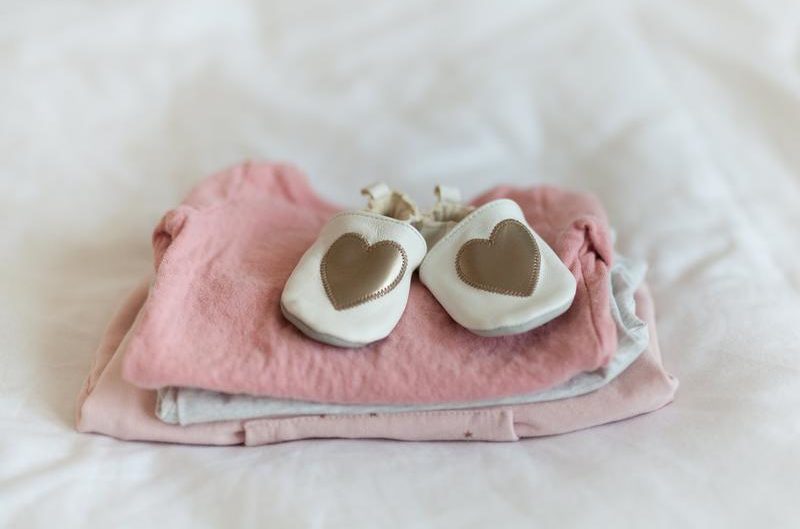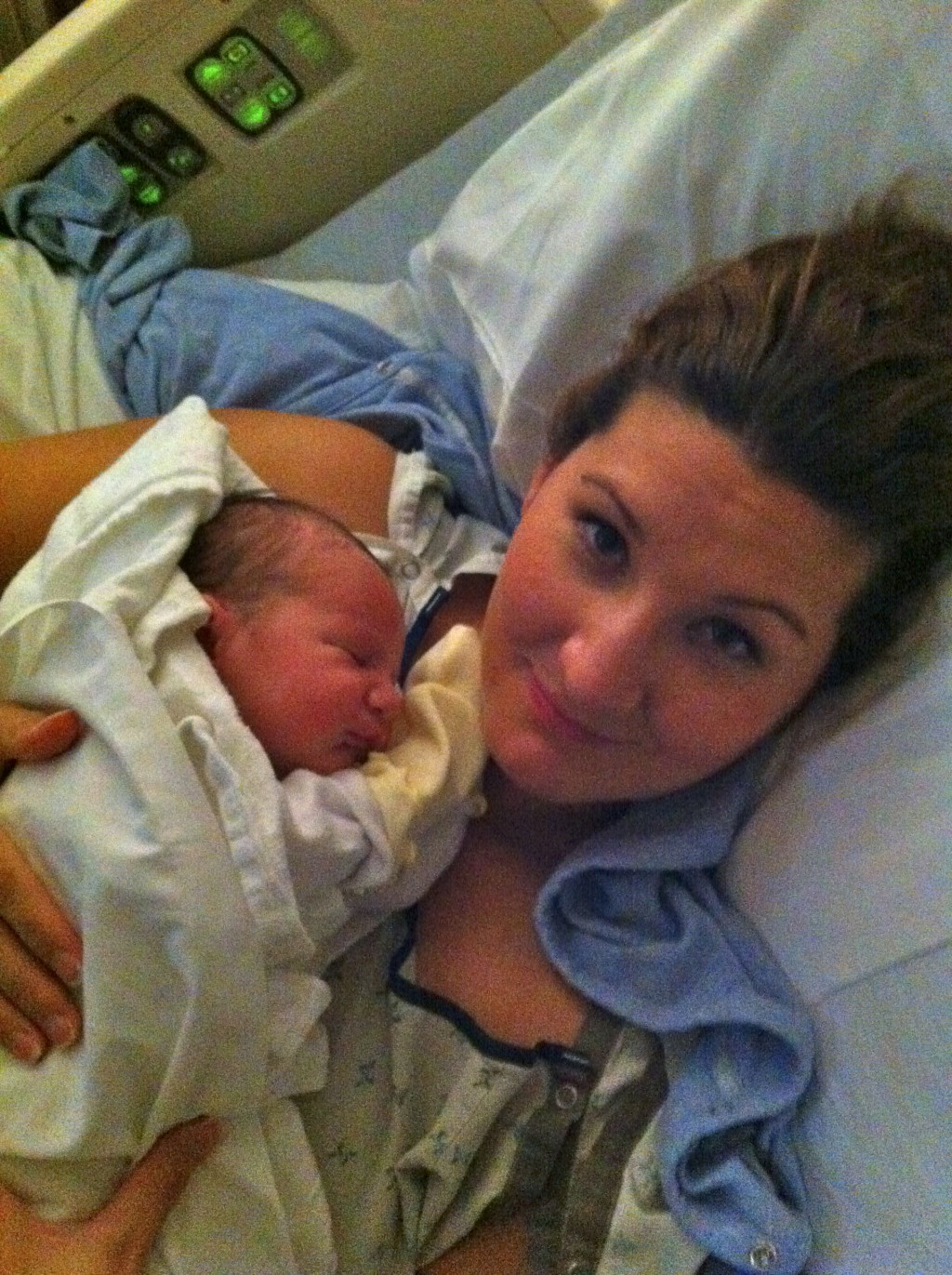At 1, I was dressed from head to toe in pink and frills. I was my mother’s dream of the perfect little daughter, sugar and spice and everything nice. She bought me dolls and tea sets, and paraded me around in fancy dresses. She was proud of her pretty little princess.

At 3, I was kicked out of ballet for “not being cooperative.” I didn’t have the classic ballerina figure and was defiant when asked to do things I found pointless. I kicked my preschool teacher. I was fierce.
At 5, while playing with Barbies my mother asked me where Barbie’s husband was. Without hesitation I told her doctor Barbie didn’t need a husband.
At 7, people would go on about what a beautiful child I was. Strangers would come up to my parents in public to comment on my tan complexion, wavy dark hair, and big light eyes. They would tell them how lucky they were to have such a “pretty girl.”
At 10, the boys at camp talked about my body in a highly sexualized manner to the point that I cried and wanted to go home. This is probably my earliest memory of sexual harassment.
At 11, I was asked to participate in a program for intellectually gifted minorities. I was confused as I was clearly Caucasian, but was informed that I was considered a minority because I was a female who excelled in math and science. I participated through the 9th grade when it became clear that it wasn’t “cool enough” to be smart.
At 13, my male teacher told my mother that she should “watch out” because I was going to be a knock-out and the boys were going to be all over me. The whole parent-teacher conference revolved around the attention I got from the opposite sex instead of the fact that I was a straight A student.
At 15, I dated a boy who was baffled as to why I would waste my time in advanced placement classes. He constantly belittled my intelligence and laughed at my plans for the future.
At 16, I had a teacher accuse me of cheating because I was pretty and popular and had an A in his AP Chemistry class. He thought it was more likely that I had cheated than that someone like me was actually smart enough.
At 17, my parents told me how brilliant I was and that I could do anything I wanted in life, but that message was too mixed in with all the commentary on my looks, and my motivation towards academics was dropping.
At 18, I decided to bail on any thoughts I had of pursuing an engineering degree because the classes were too tough, and I needed to focus more on my social life.
At 19, I met a man who thought I was pretty, but was equally impressed with how smart I was. He wasn’t threatened by my intelligence. It was the first time that a guy I was dating had even acknowledged that I was more than how I looked. Years later I married him.
At 20, my sorority sisters put pressure on me to always look a certain way. It was more important to be seen in class with makeup and cute clothes, than maintaining a decent GPA. I was told to party with all the “hot” fraternities and make them like me, even if that meant binge drinking or hooking up.
At 22, a law school classmate greeted me with a look of shock as I returned for the second term of classes. He had no problem telling me that he just assumed that I would have either flunked out or found myself a husband after the first term.
At 27, I had a male attorney threaten my career over the way I handled a custody proceeding in which I defended my client’s right to joint custody of his child, to the other attorney’s client’s detriment. I didn’t back down despite his belittling comments and allegations of the impropriety I must have engaged in to get that result.

At 31, I attended my 20 week ultrasound to determine the sex of my unborn baby. I cried so many tears of joy when the technician said, “It’s a boy.”









